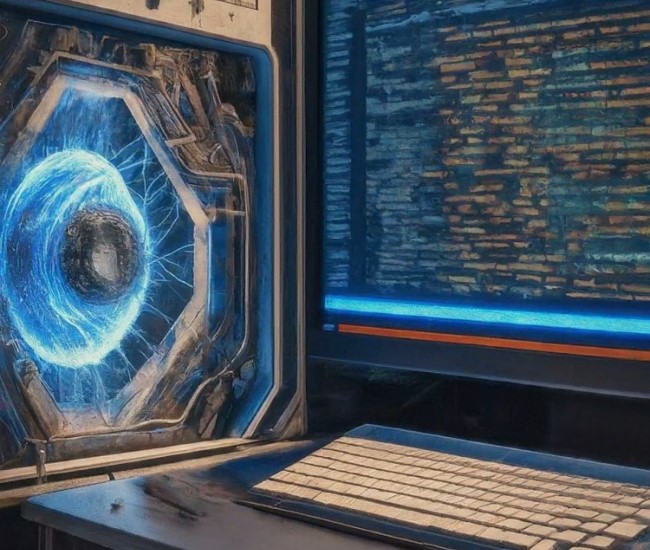Quantum Computers: Less Glitchy, More Powerful? New System Points the Way

Quantum Computers: Less Glitchy, More Powerful? New System Points the Way
Imagine a supercomputer so powerful it can crack complex codes in seconds, design revolutionary materials, and revolutionize medicine. That’s the promise of quantum computing, but there’s a catch: these machines are delicate and prone to errors. Researchers at Chalmers University in Sweden might have just cracked the code, though, with a new system that tackles a major hurdle in quantum computing.
Here’s the thing: quantum computers use the bizarre laws of quantum mechanics to perform calculations. This lets them explore many possibilities at once, making them super-fast for certain problems. But these quantum states are fragile, easily messed up by things like heat or electrical noise. This makes it hard to keep the computer running long enough to solve anything complex.
The Swedish team found themselves in a frustrating situation. Quantum systems that could handle complex operations were more error-prone, while those with better error correction were sluggish. It’s like having a super race car with no steering wheel – powerful but useless.
Their new system offers a potential solution. It uses a unique architecture that balances error correction with the ability to manipulate quantum states. This could lead to longer computation times and more robust quantum computers.
This is exciting news for anyone who follows tech advancements. A powerful quantum computer could have a huge impact on fields like medicine, materials science, and artificial intelligence. It’s still early days, but this research is a big step forward in making quantum computing a reality.
What does this mean for you?
Quantum computing is still in its infancy, but this breakthrough could accelerate its development. It might be a while before we see quantum computers solving everyday problems, but the future looks brighter. In the meantime, keep an eye on this rapidly evolving field – it has the potential to change the world!





